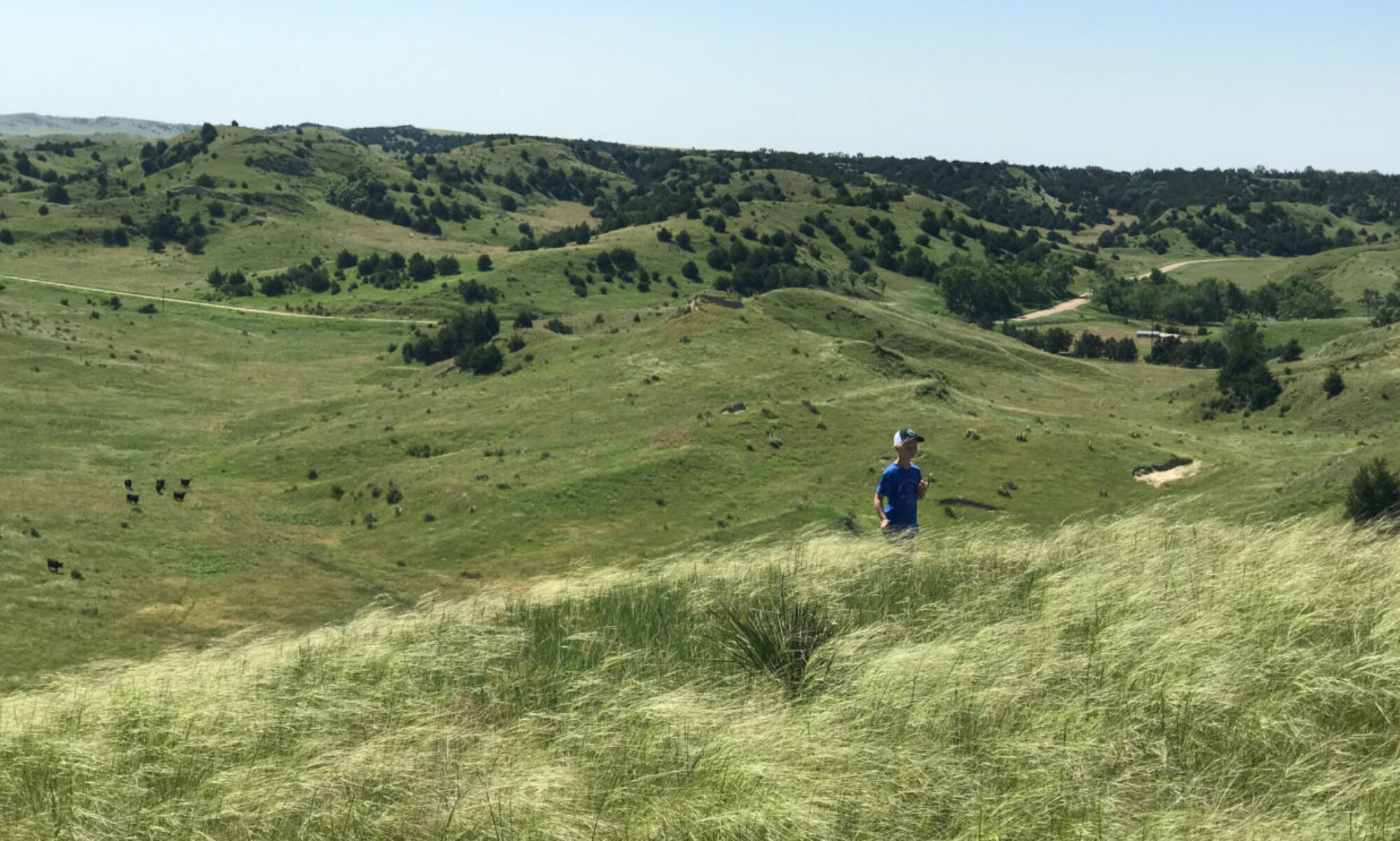 #Trust30 Prompt: “Always do what you are afraid to do,” Emerson said. What is ‘too scary’ to write about? Try doing it now.
#Trust30 Prompt: “Always do what you are afraid to do,” Emerson said. What is ‘too scary’ to write about? Try doing it now.
I admit that I have been afraid to make my Professor Arkoudas character incarnate. He has always remained in my brain, though occasionally I have scratched out a sentence here or there to remember a fertile idea. So now I am going to write a little more of a dialogue to flesh out Arkoudas. My fear stems from giving life to a fictional character that is a meld of friends and mentors that I genuinely respect. I want them to live on in my stories so others can enjoy them as much as I do.
Arkoudas was giving me one of those looks that are part of the peculiar arsenal of curmudgeons. His eyes were mere slits that looked like the lowest row of a number of furrows in his brow. The hint of a smile mocked me. “What are you making now?” He asked.
“I don’t like plain tortilla chips without something to dip them in, ” I explained. I take this Always Save ranch dressing and mix in these spices from the rack.”
“What spices?” He accused. He obviously thought me incompetent in the kitchen.
“I ground up these dried red peppers with salt, sugar, and citric acid…”
“Citric acid? Are you kidding? Who uses that?”
Three questions in staccato should be prohibited by law. I should have said, “Yes, no, me,” but I am not quick enough. So I explained, “It is possible to have it on hand without being an apothecary.”
“But that’s the kind of ingredient you only see on product labels,” he protested.
“So what are you saying? Do you mean citric acid doesn’t really exist because it’s on ingredient labels?”
“Yes, exactly.”
“Exactly? You say exactly? Why, that’s outrageous!” I really couldn’t believe an educated person would deny the existence of something that was so common.
“Not at all. Citric acid doesn’t exist because it is on ingredient labels, my friend. It is on ingredient labels because it is a real commodity and part of the recipe of the product in the jar.” He paused for effect. “Now I see your jaw has dropped nearly onto your chest. Such a habit is really not healthy–so hard on the jaw and the salivary glands all at the same time.”
I blinked in disbelief. He continued.
“You are so imprecise in the way you ask questions. I really wonder how you could have written a defensible dissertation with such ambiguity. But tempus fugit, and please bring those chips along with this very strange dip into the living room and let’s get down to business.” Then he picked up the bowl of tortilla chips and the citric acid dip and left the kitchen.
Before I had a chance to gather up my lower jaw and consider my next physical movement, he popped his head back into the doorway of the kitchen. “Oh say, I think we could use a pressful of coffee if you could make it. What kind of beans do you have today?”
“Starbucks Verona,” I sputtered out.
“Starbucks, eh? Well, I suppose that will have to do. Remember to pour in water that has not begun to boil and press it after two minutes.” The head popped out.
The head popped in. “Oh, and I suppose you know you would be courting disaster if you used a metal spoon to stir the press coffee? Wooden spoons are best.”
“Yes, I know that.” I said.
“Good man,” he said. This time the head, and his body, stayed in the living room. When I brought in the French press I found him ensconced in my favorite leather chair.
“One more thing,” he said without looking up from the document he was reading. “Where do you get this curious idea that inanimate things like citric acid exist?”
Now I understood what he was getting at. At times like this I reverted to something about my ethnicity. As far as I knew, Arkoudas never employed ethnic slurs. He did not think one nationality was superior to any other. In fact, though he loved his country he thought America as melting pot provided compelling evidence that all ethnic backgrounds displayed ridiculous behavior equally well.
“Oh, you know us Celtic people. We have a long tradition of ascribing existence to rocks, plants, and water…” I said, breaking the sentence off in such as way that I invited him to add to the list. He declined the invitation, but the strategy worked nevertheless.
“Ah, yes. I suppose I could have employed an understanding of general circumstances. That was a tendency of the Celts. But really, old fellow, trees are one thing, but your ancestors had no knowledge of the ingredients of chili powder.”
He was right. Citric acid was sometimes added to the blend of spices in chili powder. He knew I could have saved time by adding chili powder to the ranch dressing. So that was that, and we moved on to more important things.

